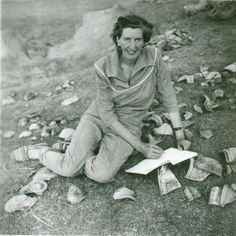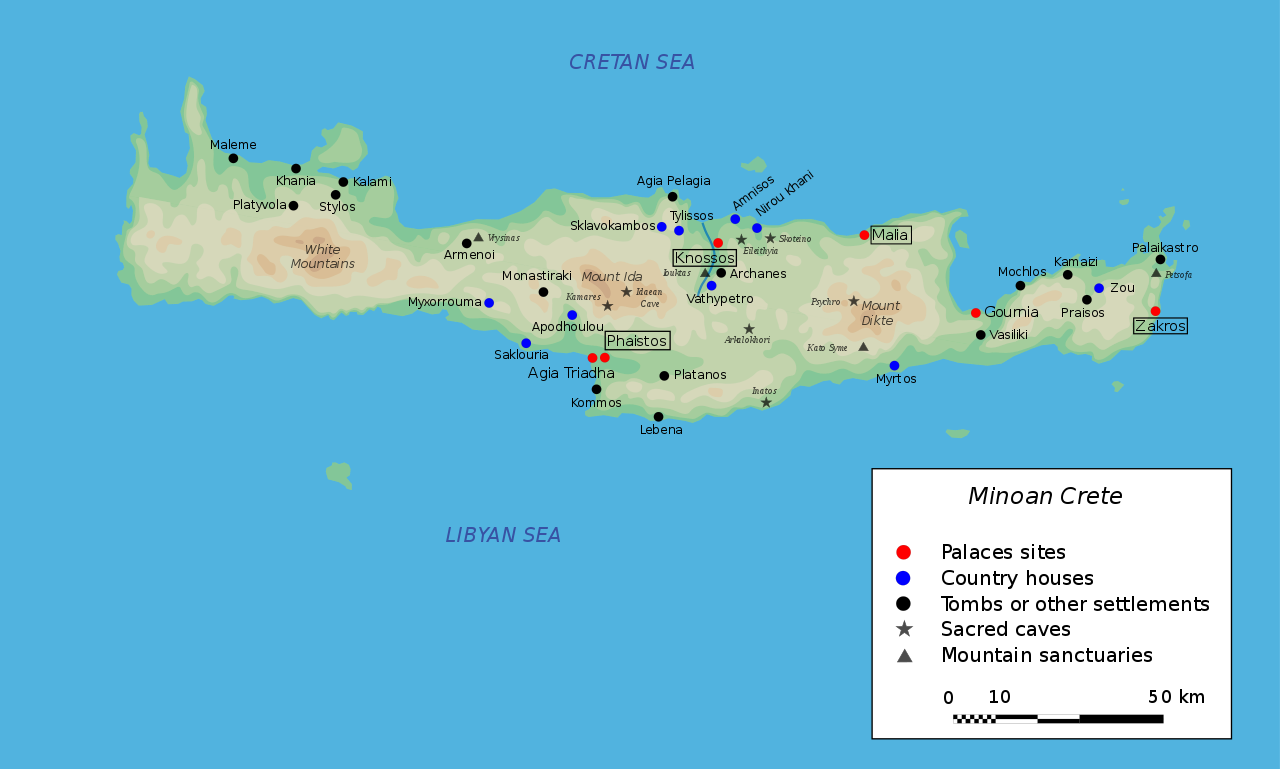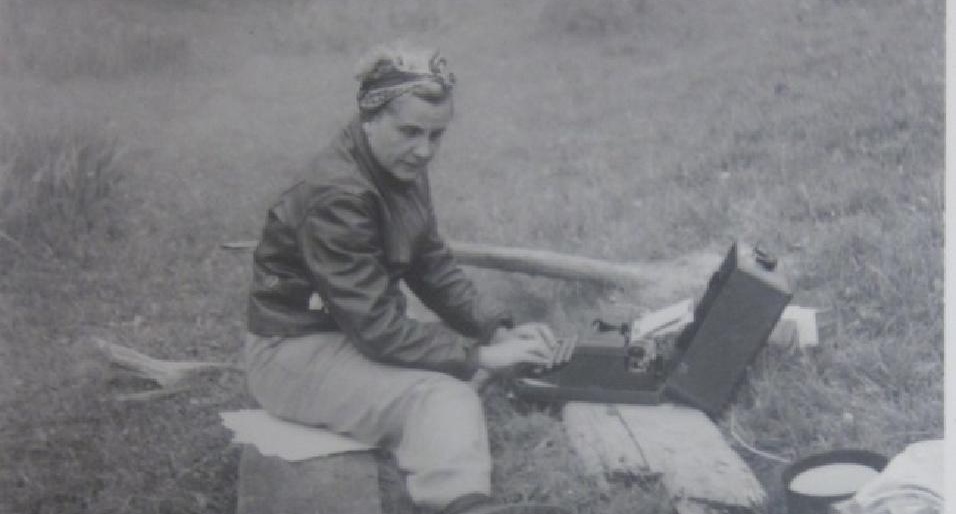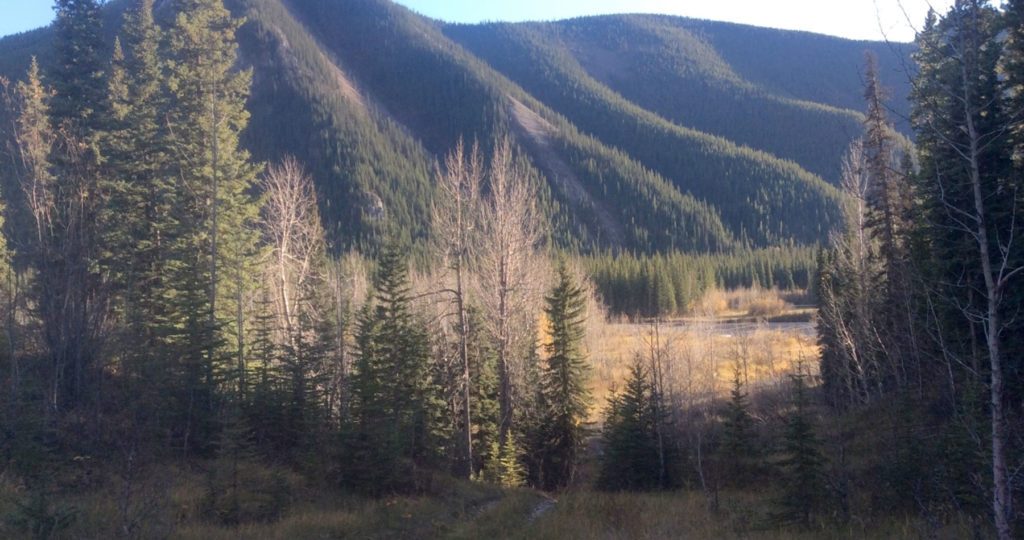Post Category : Women in Archaeology
Harriet Boyd Hawes
To celebrate International Women’s Week, I present Harriet Boyd Hawes (1871 to 1945), a pioneer in the field of classical Greek archaeology. Her anthropological approach to fieldwork and the understanding of past lives were well ahead of the times and helped the discipline move away from arm-chair studies focused on high status artifacts and museum exhibits. You can read more about her in Ladies of the Field: Early Women Archaeologists and Their Search for Adventure, by Amanda Adams. This is an excellent book for anyone interested in learning more about early women archaeologists and their contributions to the field.
Harriet Boyd Hawes was born Harriet Ann Boyd in Boston, Massachusetts on October 11, 1871. She was raised by her father and brothers, since her mother died when she was a child. Her brother Alex, was instrumental to her career in archaeology, encouraging her to explore Classical studies. In 1892, she received her B.A. in the study of Classics from Smith College in Northampton, Massachusetts.

Early in her career, Hawes was drawn to Greece and furthered her education at the American School in Athens. She found it quite difficult to break into the male-dominated field and was excluded from the prestigious excavations around Athens, since digging in the dirt was not a woman’s place. Frustrated by this, she decided to move her academic pursuits to the island of Crete. This was not an easy task, as at this time Crete was war-torn and considered quite hostile. Despite this, Harriet Boyd Hawes, discovered and excavated many sites, and was the first woman ever to direct a major field project in Greece. She was also the first woman to ever speak before the Archaeological Institute of America, where she reported findings from her discovery and excavation of the Minoan (Bronze Age) town at Gournia, Crete.
Eventually Harriet began teaching Archaeology, epigraphy, and modern Greek at Smith College, while working on, and receiving, her M.A. She also taught at Wellesley College in Cambridge, Massachusetts. Harriet married Charles Henry Hawes, an English archaeologist in 1906, and had two children together. And although studying the people of the past was her passion, she did not neglect those of the present. Several times throughout her life, Harriet put aside her archaeological endeavours and worked as a war nurse. She treated sick and injured soldiers during the Greco-Turkish War, the Spanish-American War and World War I. Later the couple moved to Washington D.C. where she continued teaching and eventually died at age 73 on March 31, 1945.
Hawes differed from many of her contemporaries in that she was more interested in the daily lives of the people she studied, rather than the gold, jewels and palaces of the higher classes. Her publications and discussions concerning her work are technical, and not filled with romance and stories like those of many of her contemporaries. She was well published and received an honorary doctorate from Smith College in 1910. Harriet not only made major contributions to archaeology study, but she also broke down the barriers of her male-dominated field and paved the path for future generations of women in academia. She was truly a pioneer of modern archaeological investigations.




